The internet is undoubtedly a remarkable tool that has transformed the way we communicate, access information, and conduct business. However, it also provides a platform for people to showcase some of the dumbest behaviors imaginable. In this article, we will explore the top 10 dumbest people on the internet and the consequences of their actions.
10. People who are addicted to the internet

Spending excessive time on the internet can lead to addiction, adversely affecting one’s personal and professional life. Internet addiction can result in neglecting important responsibilities, strained relationships, and even physical health issues. To combat internet addiction, individuals can set time limits, engage in offline activities, and seek professional help if necessary.
9. People who spread false information online

The internet is a vast sea of information, and unfortunately, not all of it is accurate. Misinformation and false narratives can spread like wildfire, causing harm to society and individuals. It is essential for internet users to verify information from credible sources before sharing it further. Fact-checking websites can play a significant role in combating the spread of false information.
8. People who are mean to others online
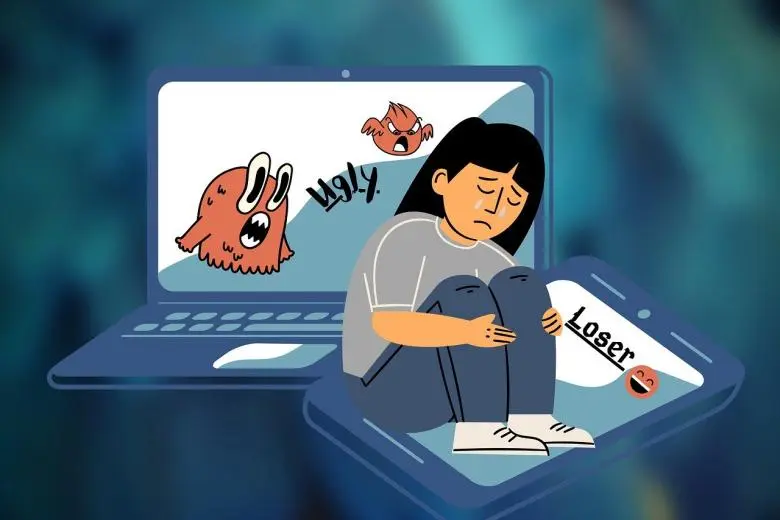
Cyberbullying is a distressing reality on the internet. Mean-spirited individuals use the digital realm to target and harass others, causing emotional and psychological harm to their victims. Creating a kind and empathetic online environment is crucial in reducing cyberbullying. Standing up against such behavior and supporting the victims can make a positive difference.
7. People who are quick to judge others
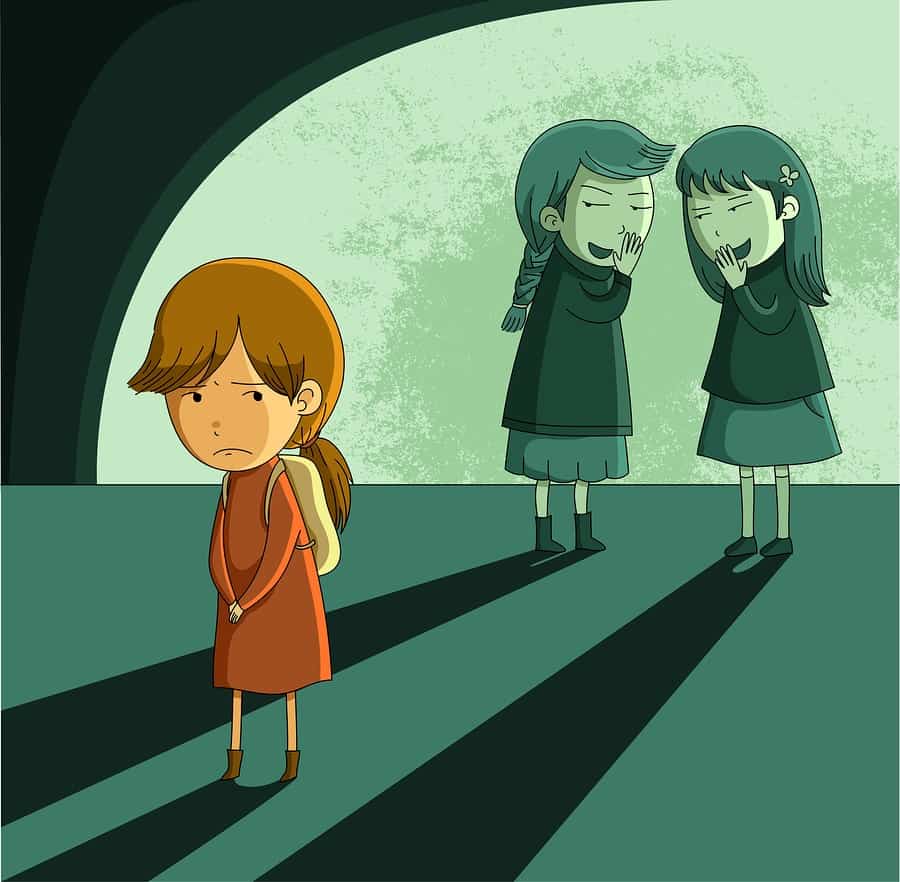
The internet often provides only a glimpse into someone’s life, and judging others hastily based on limited information is unfair and unkind. We should strive to be understanding and forgiving, recognizing that everyone makes mistakes and has their struggles. Embracing diverse perspectives can enrich our own understanding of the world.
6. People who believe that they are experts on everything

The internet is a treasure trove of knowledge, but it doesn’t make everyone an expert on every subject. Displaying humility and openness to learning can help individuals grow intellectually and foster a collaborative online community.
5. People who post drunk or embarrassing content

Sharing inappropriate or embarrassing content on the internet can lead to severe consequences. Such content may have long-lasting effects on one’s personal and professional life, as it can resurface at the most inopportune moments. Being cautious and thoughtful about what to post is essential.
4. People who click on links in spam emails
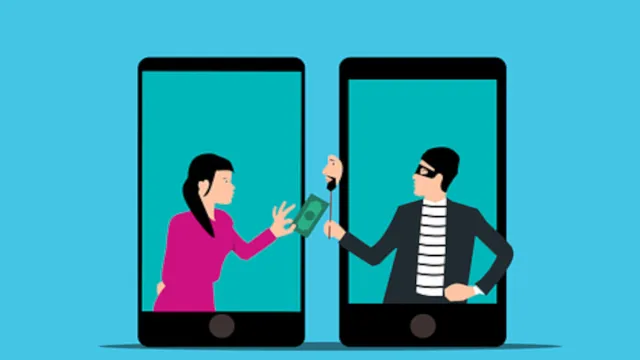
Despite the awareness of internet scams, some individuals still fall prey to clicking on links in spam emails. These links often lead to malicious websites designed to steal personal information or infect computers with malware. Practicing email security and being vigilant about suspicious emails can protect against such threats.
3. People who share personal information online
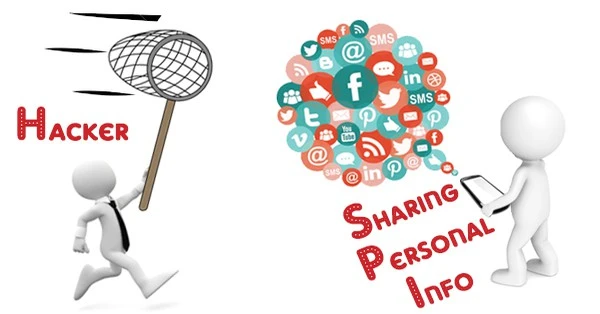
Sharing personal information, such as home addresses, phone numbers, or social security numbers, can expose individuals to identity theft. It is crucial to be cautious about the information shared online and only provide it on secure platforms or when absolutely necessary.
2. People who argue with trolls
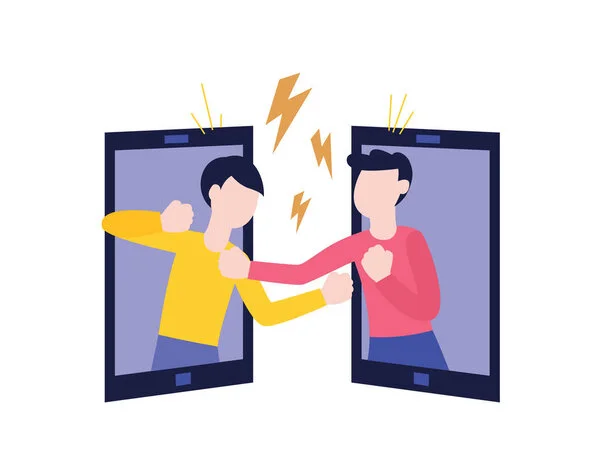
Trolls thrive on provoking reactions and spreading negativity online. Engaging with them in arguments or conflicts only fuels their behavior. Instead, it’s better to ignore trolls and avoid giving them the satisfaction they seek.
1. People who believe everything they read on the internet

Trusting everything without verifying facts can be detrimental. The internet is filled with misinformation and disinformation. Engaging in critical thinking, fact-checking, and verifying information from multiple sources are essential to avoid falling victim to false narratives.
While the internet has revolutionized the world in many positive ways, it also exposes us to some of the dumbest behaviors imaginable. From internet addiction to spreading false information and cyberbullying, these actions can have severe consequences on individuals and society as a whole. It is crucial for us to be responsible digital citizens, promoting kindness, empathy, critical thinking, and fact-checking in the online realm.
How can I reduce my internet addiction?
Setting time limits for internet usage, engaging in offline activities, and seeking professional help are effective ways to reduce internet addiction.
What can I do to combat the spread of false information online?
You can verify information from credible sources before sharing it further and rely on fact-checking websites to identify false narratives.
How can we create a kinder online environment and combat cyberbullying?
Supporting victims, standing up against mean-spirited behavior, and promoting empathy and understanding can help create a kinder online community.
How can I avoid falling for internet scams and phishing emails?
Practice email security, be cautious about clicking on suspicious links, and educate yourself about common internet scams.
What can I do to be a responsible digital citizen?
Engage in critical thinking, fact-checking, and verify information from multiple sources before believing or sharing it online.

